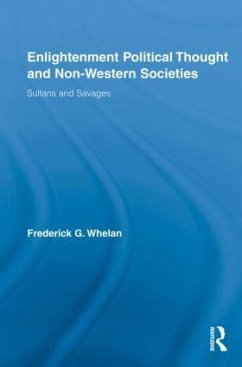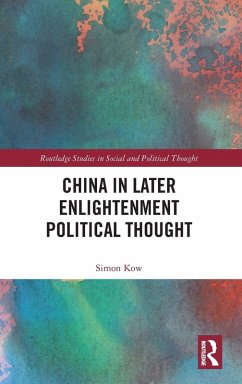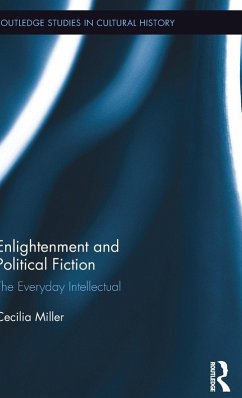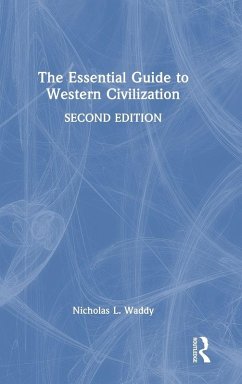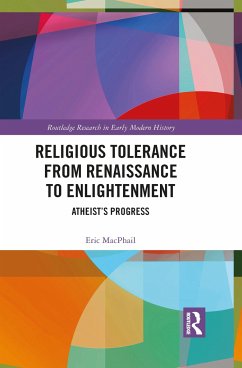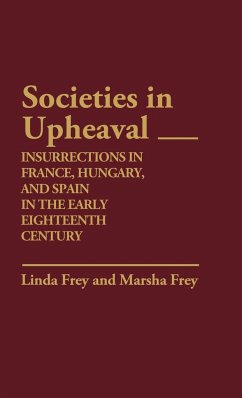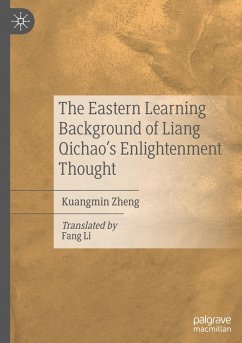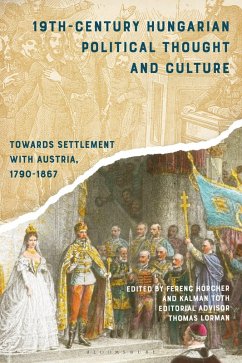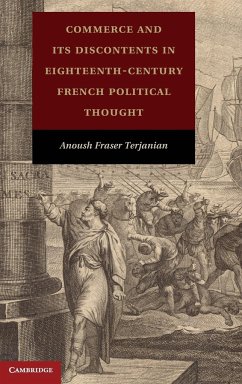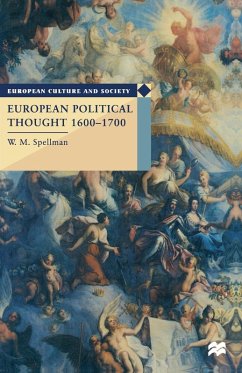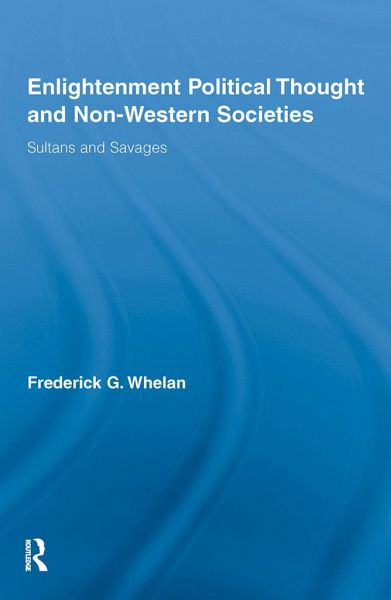
Enlightenment Political Thought and Non-Western Societies
Sultans and Savages
Versandkostenfrei!
Versandfertig in 1-2 Wochen
68,99 €
inkl. MwSt.
Weitere Ausgaben:

PAYBACK Punkte
34 °P sammeln!
Frederick G. Whelan, a leading scholar of Enlightenment political thought, provides an illuminating and incisive interpretation of key 18th- and 19th-century European political thinkers' accounts and assessments of the societies and political institutes of the non-Western world.





